Bands break up all the time. And band name disputes often follow. Sometimes one or more members want to continue using the band name, as was the case with Pink Floyd in the 1980s when both Roger Waters and David Gilmour were touring with two different bands under the name Pink Floyd. Similarly, Axl Rose famously duped his band-mates into signing away their rights in the band name. As you can imagine, things get messy quickly.
Who has the right to use the band name once a band breaks up?
The answer to the above depends on whether or not a Band Agreement exists. Check out my article on Band Agreements for more. Typically, the issue of who owns the band name is dealt with in the Band Agreement. Often a leaving member will forfeit their rights in the name when they leave the band. In such a situation, the remaining members can continue using the name. Sometimes the leaving member will have to be bought out in order for the remaining members to continue using the name. If you have a situation where the leaving member is the sole owner of the name, then the remaining members would have to chose a new name. If the Band Agreement is silent on the issue, then each member might be considered an equal owner of the name, and an entertainment lawyer should be consulted.
If there is no Band Agreement in place, the area of band name disputes becomes quite complex. These situations often involve the leaving member and remaining members hiring attorneys to litigate over the use of the band name.
What Does the Law Say About Band Name Disputes?
The cases involving band name disputes demonstrate the default rule that trademark law will not prevent a former band member from making truthful representations of former affiliation with his or her former band, so long as the former member:
i) does so in a manner that is not confusing; and
ii) has not agreed to refrain from such representations.
The Steppenwolf Band Name Dispute
One of the major US cases involving band name disputes is Kassbaum vs. Steppenwolf Productions, Inc. The court held that the former bassist from Steppenwolf was not barred by contract law or trademark law from using the phrases “Formerly of Steppenwolf,” “Original Member of Steppenwolf,” and “Original Founding Member of Steppenwolf” in promotional materials for a new band, provided that these phrases were less prominent than references to the new band.
The Deep Purple Band Name Dispute
Another high profile case involving band name disputes is HEC Enterprises, Ltd. vs. Deep Purple, Inc. The management company for the rock group Deep Purple brought suit against a former member of the band from using the names Deep Purple and New Deep Purple in connection with live performances.
Notwithstanding the fact that the “original” Deep Purple had ceased performing several years prior to the former member’s resurrection of the name, the court found that the Deep Purple mark was still in use given that the group’s recordings remained in distribution. Having established that the original group’s management owned valid rights in the name, the court enjoined the defendants from making further use of the names Deep Purple and New Deep Purple, and awarded damages to the plaintiffs.
The Beach Boys Band Name Dispute
A third case involving band name disputes is Brother Records, Inc. vs. Jardine. In this trial, a corporation formed by members of the Beach Boys which owned the rights to the Beach Boys trademark sued former Beach Boy Al Jardine to stop him from using the following names: Al Jardine of the Beach Boys and Family & Friends; The Beach Boys “Family and Friends”; Beach Boys Family & Friends; The Beach Boys, Family & Friends; Beach Boys and Family; as well as, simply, The Beach Boys. This case provides an example a band creating a corporation that owns and licenses the right to the band name, and being able to stop an unlicensed band member from using said band name.
The Brother Records band name dispute brings up the issue of ‘nominative fair use’, which allows a defendant to use a plaintiff’s trademark to refer back to the plaintiff’s goods and services. Such use is allowed where:
i) the product or service at issue is not readily recognizable without use of the trademark;
ii) only so much of the trademark is used as is reasonably necessary to identify the product or service; and
iii) the user does nothing that would, in conjunction with the mark, suggest sponsorship or endorsement by the trademark holder.
The court held that Jardine’s use of his former band’s name infringed the Beach Boys’ trademark because Jardine’s use indicated that the Beach Boys sponsored or endorsed his concerts. For example, some of Jardine’s promotional materials displayed “The Beach Boys” more prominently than “Family and Friends,” and Jardine’s management testified that they recommended using the THE BEACH BOYS name to create or enhance the value of the concert tour. Finally, the fact that some promoters and concertgoers were actually confused – they could not differentiate between a Jardine concert and Beach Boy Mike Love’s nearby concert – worked strongly against Jardine’s case.
How can a Band Agreement help with Band Name Disputes?
For any band that has attained commercial success, or that is on the brink of such success, a Band Agreement is highly recommended. It can effectively outline who owns the band name and trademark, and who will continue to in the event of members leaving.
Often these agreements allow former band members to promote themselves as “formerly of [band’s name],” although typically there are limitations placed on how this can be done. For example, there may be a time restriction to how long this representation can be made, and there also may be limits placed upon the type size and font in which the band name appears.
To avoid the headache of band name disputes in the event that your band breaks up, have a Band Agreement drafted. As always, email me with questions.

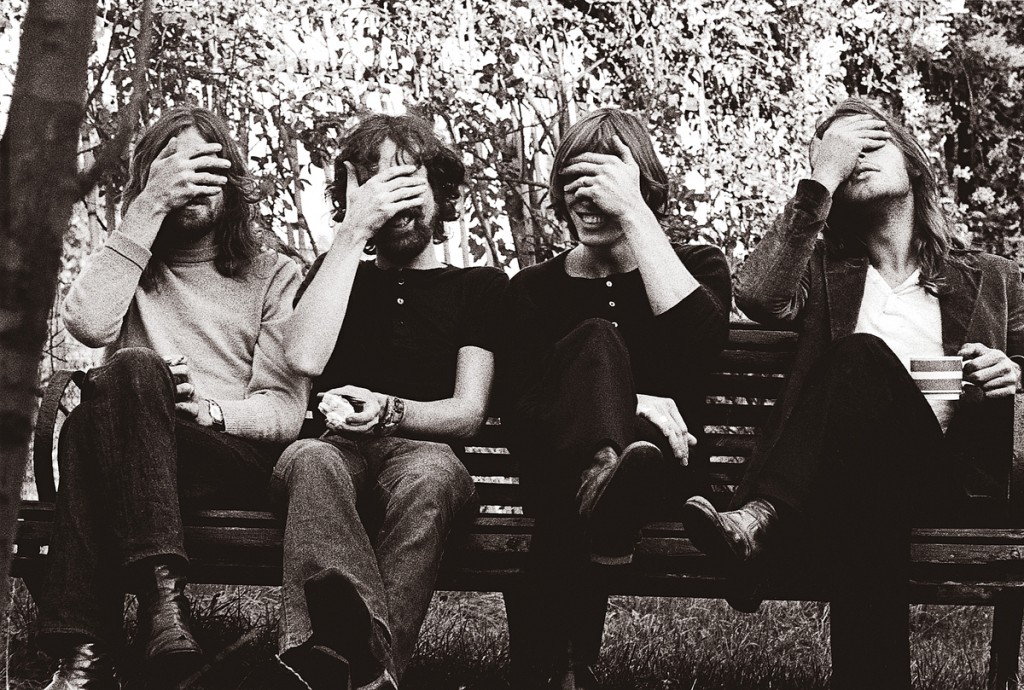

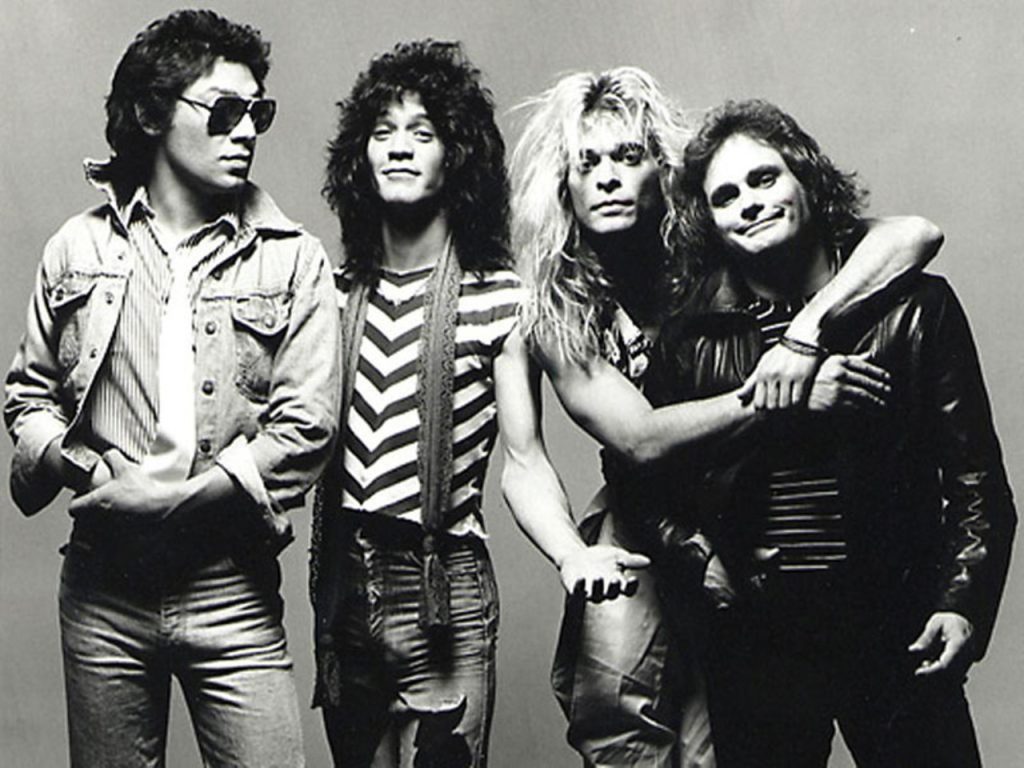
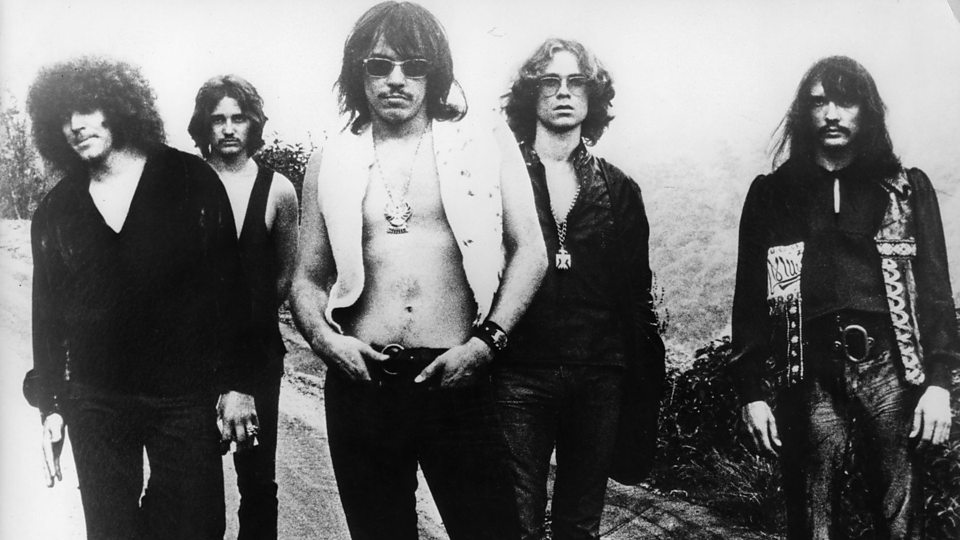
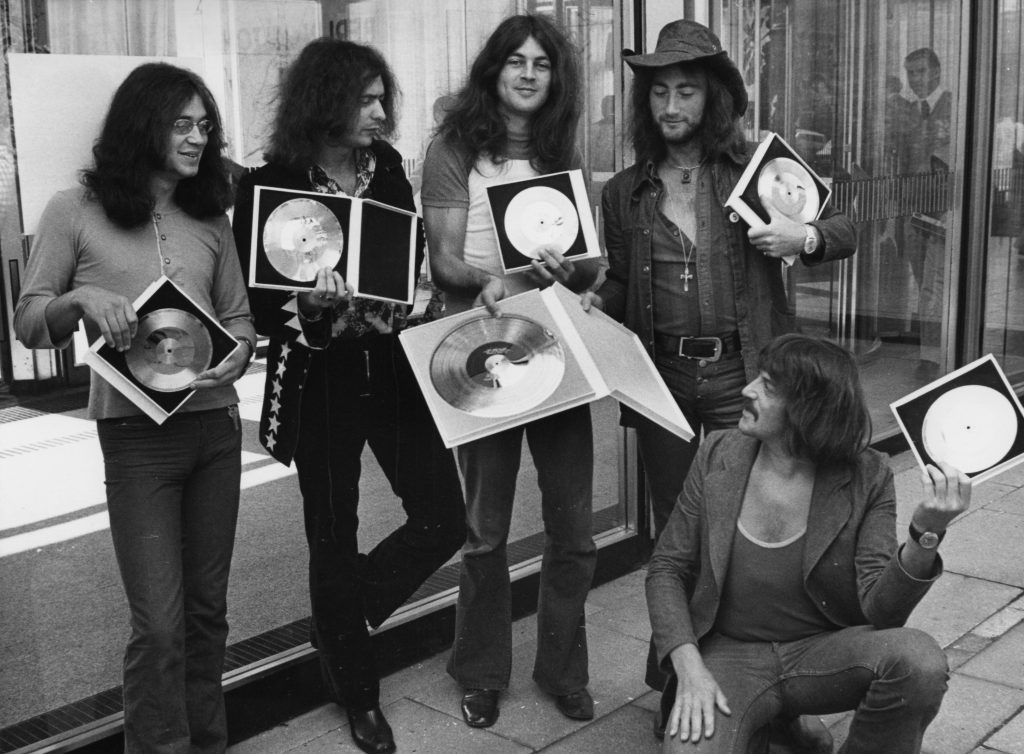
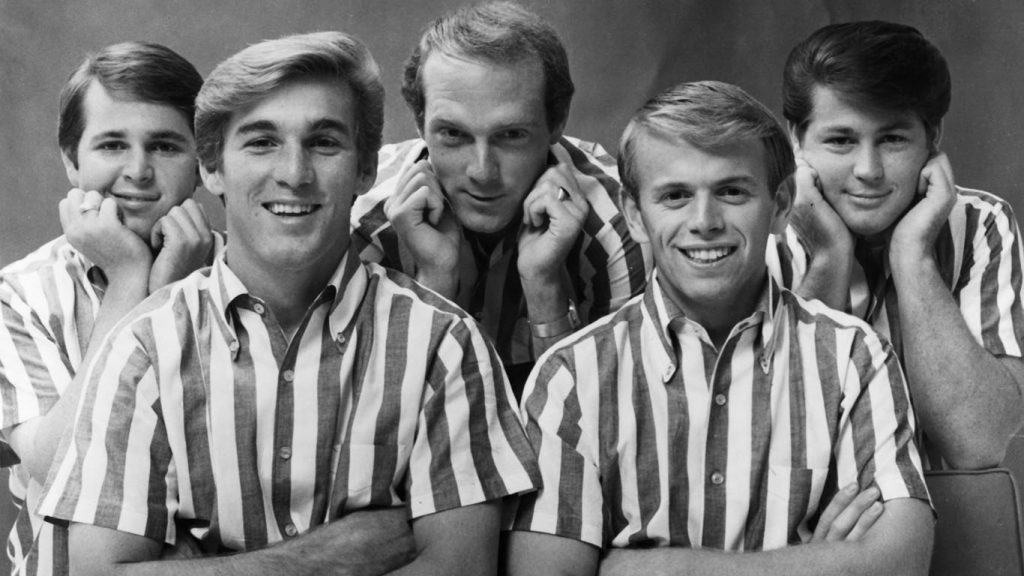
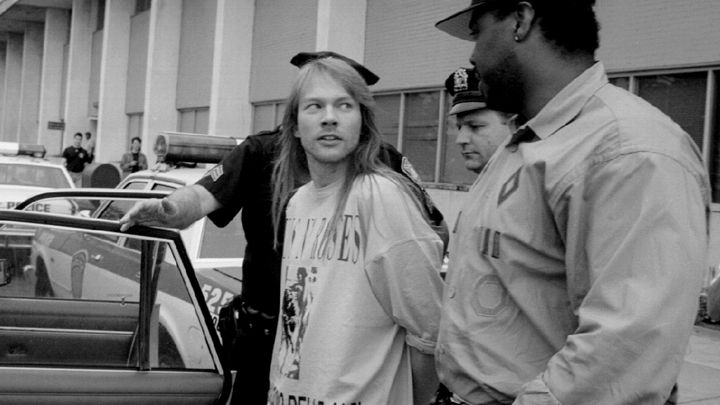
30 Responses
My brother recommended I might like this blog. He was entirely right. This put up actually made my day. You can not believe just how so much time I had spent for this information! Thank you!
Thank you kindly!
Kurt Dahl
Entertainment Lawyer
in the case where the band agreement is no longer exist, can we draft a new band agreement and then cease the existing members?
Hi Putri,
If I’m understanding you correctly, you’re asking if the Band Agreement has expired, can you draft a new one with new members? I would have to see the original Band Agreement but otherwise, if it’s expired, you should be in the clear.
Thanks
Kurt Dahl
Entertainment Lawyer
What can you do if there is no band agreement and the leaving member created the name, but the face and image of the band are with the remaining members. Both parties want to keep the name.
Hi Lucie,
Tough situation. Technically, both sides have a claim to the name, and you won’t find an answer until a judge decides. That costs a lot of money to get there. The fact that the leaving member created the name is not in your favour; the fact that the majority still wants to use the name is in your favour. Email me to discuss further.
Thanks
Kurt Dahl
Entertainment Lawyer
what if a member was kicked out and wants to sue to cease use of the name. memeber currently in the band owns the tradmark license. band agreement is expired. can the band still continue after replacing original members.
Band Agreements should not expire, or should at least deal with the issue of leaving member. I’d have to see the agreement to provide adequate advice.
thanks
Kurt Dahl
Entertainment Lawyer
Keyboard player from the band is fired in 1991. The two remaining writers, lead vocalists and founder members tour Brazil with new keyboard player. Band, including ex keyboardist lose record deal and band go into hiatus. In 2003, fired keyboard player contacts original lead singer and founder member to say that an upcoming movie release wants to use their hit record as main end theme. Negotiations go ahead. Film is released in 2004 and becomes a massive success. Band is asked to tour in the USA on the back of this success. Meanwhile, fired keyboard player files for the trademark of the band name without our consent. We oppose the trademark on grounds mentioned above. Trademark is given without prejudice. I sign an injunction on legal advice and against my wishes which states that ex member can use the name as long as it has a “II” to denote a second and different version of the band. The original founder, writer, lead singers to be called by their surnames with “original members of” with band name 50% smaller.
This has caused many problems and ex member is taking action against me for others misinterpretation of the injunction. Help!
Sounds like you desperately need to hire an entertainment lawyer Clive! In your jurisdiction, wherever that is. Best of luck
Kurt Dahl
Entertainment Lawyer
In a case where a band member without the consent of the rest of the band trademarks the name and the logo under their name and then publicly quits the band. Does that person effectively give up their rights to the trademark? Amd would this person have justification for a lawsuit even though the trademark was not a collective filing under a band LLC. The band realized after the fact there was a filing date period that it could have been contested although the trademark application was submitted unbeknownst to them.
Hi Trey
I think the other members could still contest the TM, as there would be clear evidence that the rights were held/created by more than just the one member. And when he leaves the entity that the mark is tied to (the band), it would be a difficult argument for him to make that he should retain sole rights over the mark. But I would hire a TM lawyer for a full opinion. Hope this helps
Kurt Dahl
Entertainment Lawyer
What is the law regarding a new band using the name of an already existing band and want to market an album and tour under the band name?
Kurt. Do you have any information on how Dennis Lacorriere ended up with the rights to the Dr. Hook name? I just wondered if Ray Sawyer or any other member wanted it when they broke up. Thanks. Gerry Berg.
Ooh interesting question! Love Dr. Hook and played a show with him years ago. I’m guessing the answer isn’t very pretty but I don’t know personally.
Kurt Dahl
Entertainment Lawyer
How about a situation where a guy who was recently fired from a band starts his own project using an altered spelling of the band’s name, and using the band’s Facebook page to promote his project? The original band name was not fired guy’s creation, and is not yet officially copyrighted. Fired guy was/is host of the FB page. Recourse for the band?
Well he’s definitely violating the band’s rights there, so your recourse is hiring a lawyer and sending a firmly worded letter with consequences!
Kurt Dahl
Entertainment Lawyer
If one member of the a band trademark the bands name can the other sing there songs on tour
Wanted to raise an interesting case, Leftenant et al. v. Blackmon. This case is pending in the District of Nevada and involves a dispute over the band name CAMEO between the founder and former members. 18-cv-01948.
Thanks Frederick! Very interesting case. Researching it now. As Cameo would say, word up!
Kurt Dahl
Entertainment Lawyer
Hello Kurt,
Our founder singer that created the band name left the band. He didn’t claim the name. I did. I produced the debute CD for the band (whilst the founding singer was still in) and all comm, domainname, distribution and contracts were filed under my name and my company. Also I did do the finaces and paid taxes and royalties for the band. Now a few years later, Another founder also left (he sadly died) and was replaced by a new member. Also, Additional another member was added and offcourse a new lead singer joined. Now I’m on the brink to leave the band together with another member remaining 2 founders and 3 new members. They did claim the name but I think because of the production of the (only and offical) CD and distribution contracts it should be mine as I will hand it over to the orignal founding lead singer because he was in terms of years the longest in the band and his voice is on the CD not that of the new singer, nor the musical performance of 2 new members. There’s no agreement on paper about the name. Can I hold on to it and transfer rights to the founding lead singer who after all introduced the name in the first place?
The whole band name ownership matter is best dealt with by a Band Agreement. I’m guessing there isn’t one, so technically everyone involved with the band would have an equal claim to it.
Kurt Dahl
Entertainment Lawyer
I am an original member in a band who had to fire another original member. Since the firing, he has threatened to sue anyone (promoters/agents/managers/etc) working with the band under its original name. He isn’t going after anyone for back catalogue sales, just those who would want to continue working with me on future releases or performances. We do not have a band agreement outside of percentage splits for our albums. I don’t completely understand our trademark situation, but I have been through the motions to stop a trademark application he falsified to try and obtain the trademark for his own. We already had an active trademark years ago under the band’s legal representation at the time. My question is, without an agreement in place, and the band name’s creation documented as something originated between both of us in many places (through interviews mostly and was sufficient for the lawyer I hired to stop his personal trademark application), does he have any legal recourse to actually stop me from continuing the band without him? I’ve been told many times now that these situations almost always end up in a stalemate in court. If that is the case, is there anything I should prepare for if I continue operating under the band name anyway?
Without something in writing, nobody can use the band name (technically) without possible legal liability, i.e. each member has an equal claim to the band name.
Kurt Dahl
Entertainment Lawyer
I always wondered about Johnny Thunders and the Heartbreakers and Tom Petty and the Heartbreakers. Know anything about that? Thank you.
I don’t know if there was ever a dispute between them but I LOVE both bands!!!
Kurt Dahl
Entertainment Lawyer
Just now found this! I’m not a musician but I’m writing (or at least trying to write) a fictional story involving a band trademark dispute. Wondering your thoughts on the following scenario:
1. A band with three members got famous through a couple of hits in the 60s-70s time period.
2. The lead singer and most recognizable songwriter leaves his performance career for a period of political activism, but continues his trademark ownership of the band’s product.
3. The remaining two original members continue performing with a series of replacement lead men.
4. Unexpectedly, the original leader (now activist) signs over trademark rights to an unknown session musician.
What rights to the catalog would be carried by the session musician, compared to the two originals who are still performing?
Ooh interesting scenario. If the remaining members continued (with new singers) using the band name, they would have an argument against the session player of continued use, i.e. they kept using it and he/the original singer did not, therefore they could in theory dispute the session player’s TM. Now – I’m not a TM agent nor a TM expert, but you might want to contact one. Send me the finished story!
Kurt Dahl
Entertainment Lawyer
Myself and another band recently left a band that I came up with the name .I spent all the money myself to advertise all the bands gigs and to create a following.We want to use the band name and recently filed for a trademark.
If no Band Agreement is in place, it’s really a grey area. The law will consider each band member an “equal” partner and therefore equal owner of the band name. So technically, nobody can use the name without the consent of the others. I would hire a lawyer to get a more formal opinion.
Kurt Dahl
Entertainment Lawyer